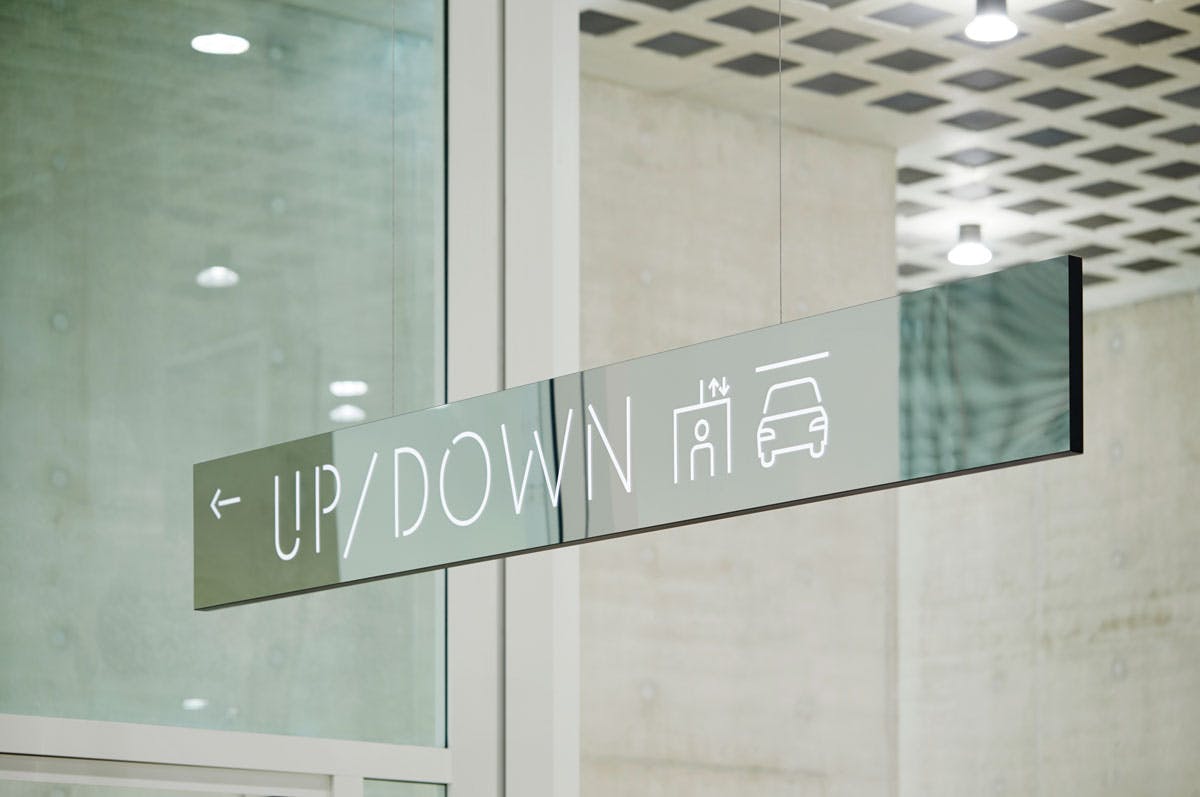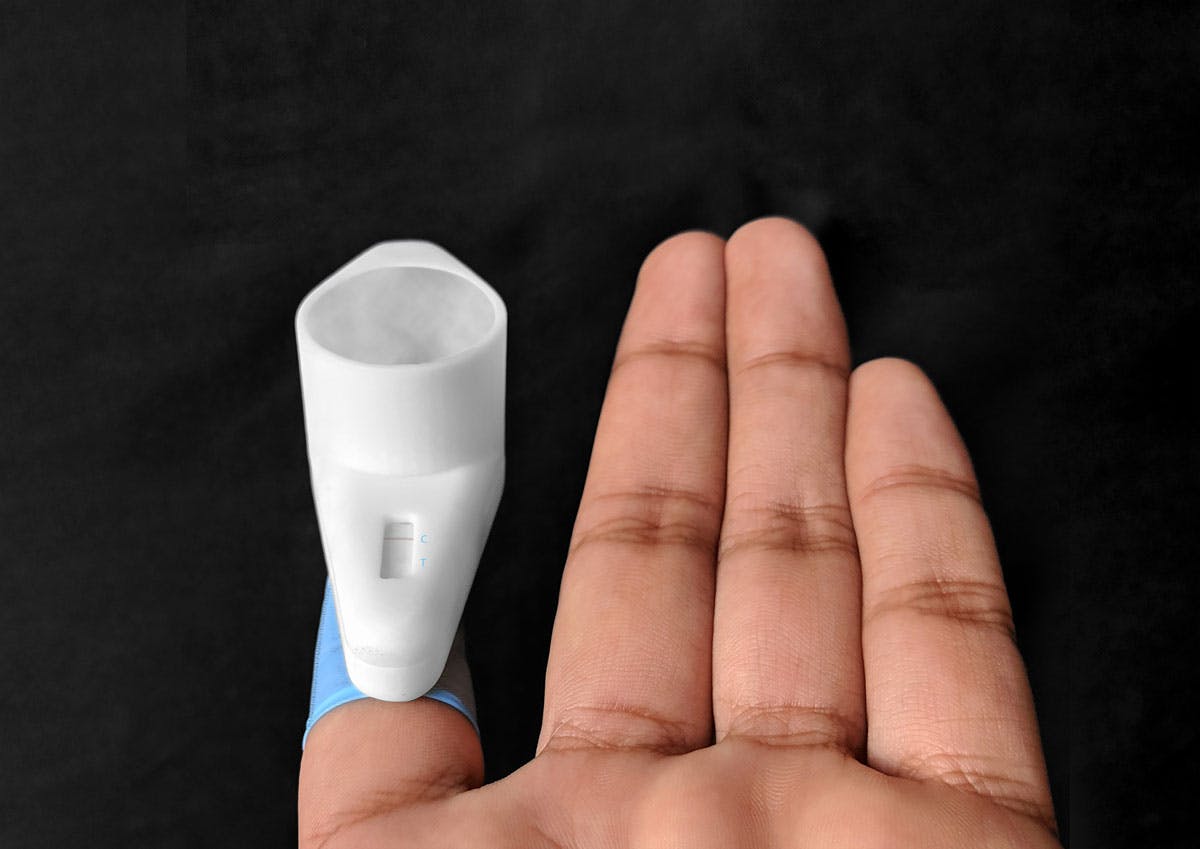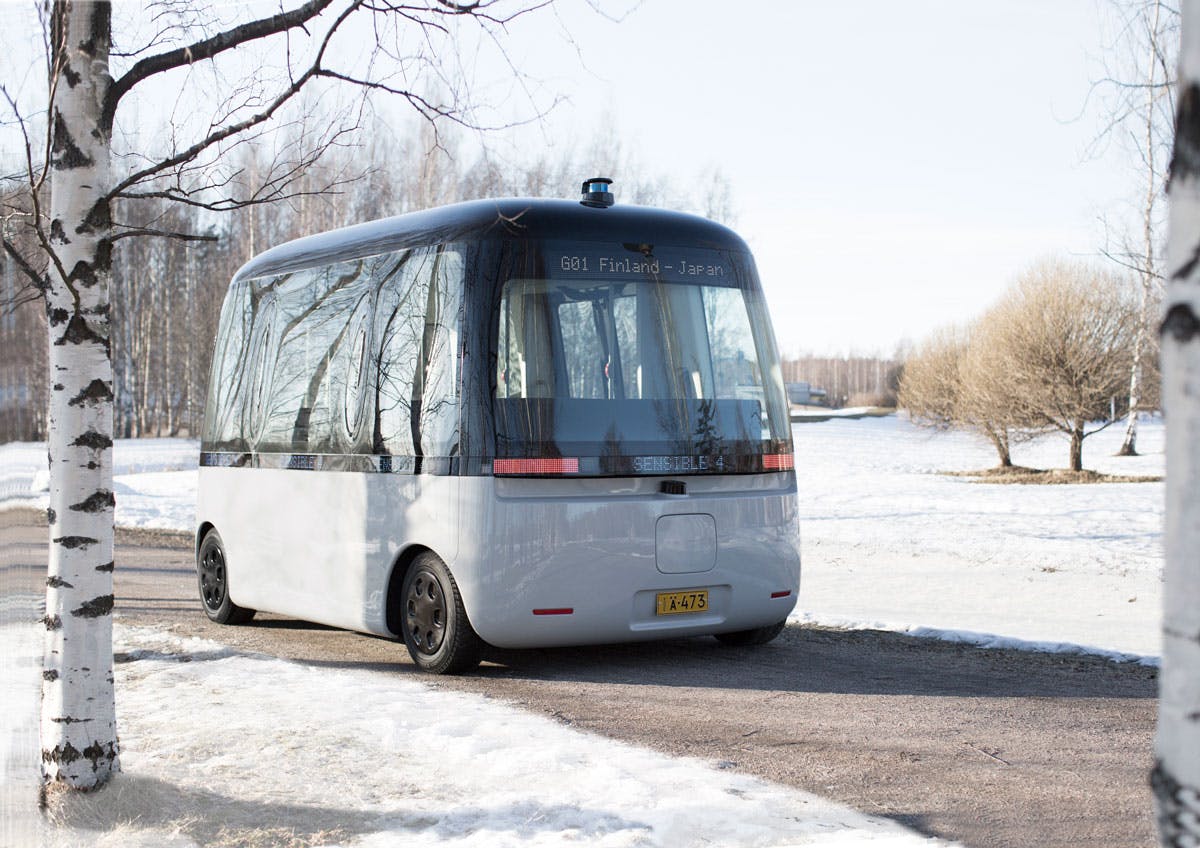An AI infographic is the Design Museum’s design of the year
Created by AI Now Institute’s Kate Crawford and Vladan Joler, Anatomy of an AI System examines the true cost of a voice assistant – whether the human labour required to manufacture it or the data it can collect on its unwitting owner
The Design Museum has announced the winners of its Beazley Designs of the Year award for 2019, naming infographic and research project Anatomy of an AI System as the overall winner.
Designed by Kate Crawford from AI Now Institute and Vladan Joler, the project explores the potential social and environmental impact of voice assistants, which are now fairly commonplace thanks to the increasing popularity of devices such as Amazon Echo and Google Home.
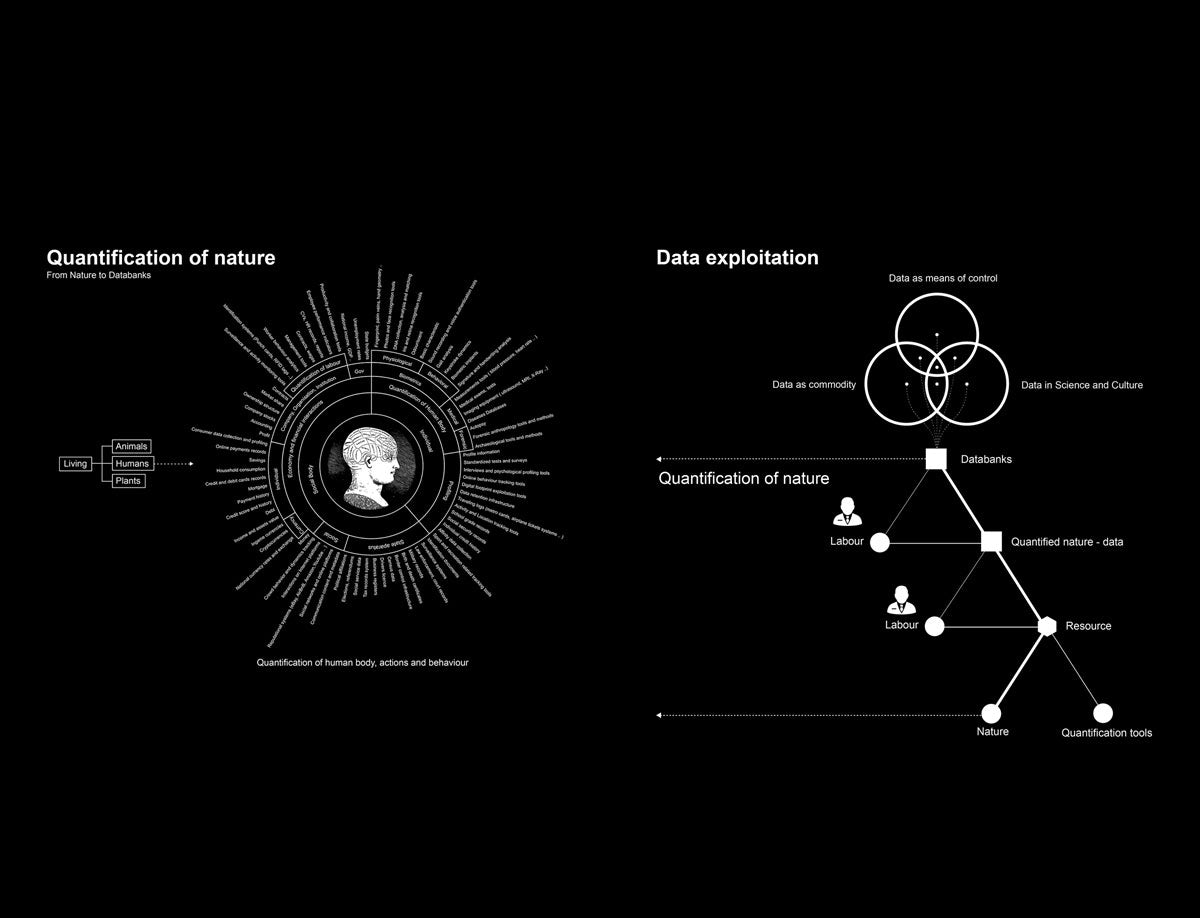
Presented as an infographic map and essay, the project highlights issues ranging from the effect of extracting rare earth metals to manufacture voice assistants, to the data that these devices can gather without the users’ knowledge.
The project’s overarching question of whether the convenience of voice assistants is worth their social and environmental consequences feels timely, given the amount of chatter going on about the growing influence of AI in both our home and work lives.
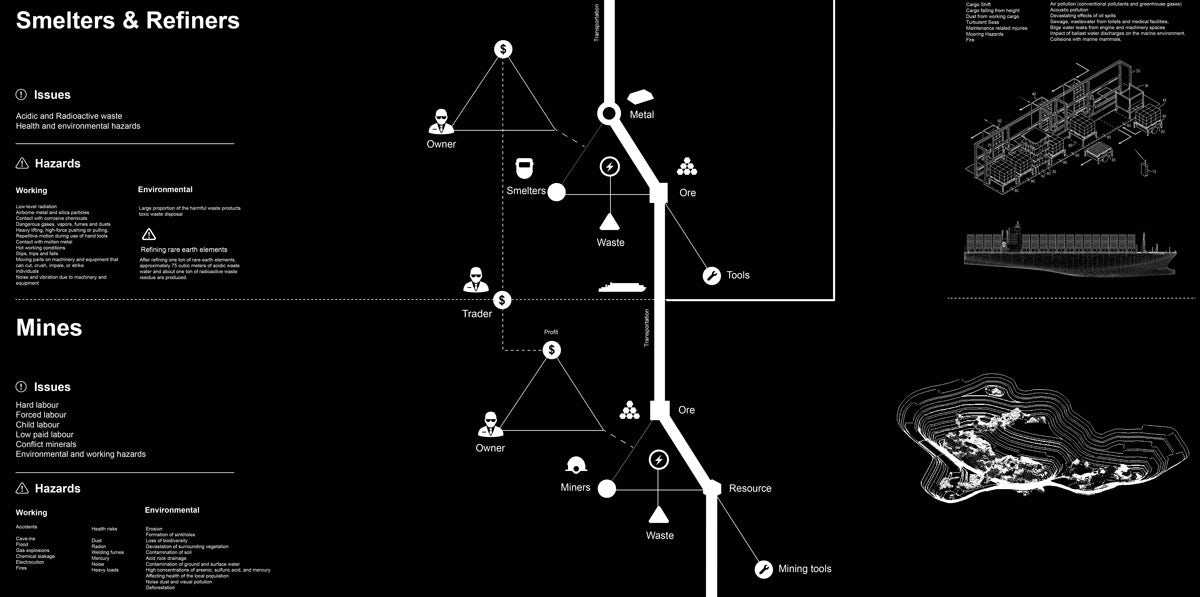
RCA Vice Chancellor, and Chairman of this year’s judges, Dr Paul Thompson, says: “AI is such a prevailing feature of the future of technology it seemed the perfect moment to analyse its impact. In the future, when you purchase a piece of digital hardware it could have the ingredients listed. This project shows how this might look and makes everyone who sees it think about all the unseen impact of tech hardware. You will never look at your smart home hub the same way again.”
This year’s exhibition marks a clear attempt to illustrate the power of design in doing good in the world (along with a few more far fetched designs), a theme which Crawford and Joler’s project is certainly in keeping with.
It’s also the second year in a row that a research-focused digital project has scooped the top prize, following Forensic Architecture’s win last year for its investigative work into legal cases such as the death of migrants, which typically involves techniques including satellite imaging, digital recordings and remote sensing technology.
Other category winners this year include Muji and Sensible 4’s self-driving bus for all weather conditions, Jin Won Choi’s Korean-influenced sportswear range created in collaboration with adidas and Catch, a low-cost HIV detector.
Category winners:
Architecture: Maya Somaiya Library by Sameep Padora and Associates
Digital: Anatomy of an AI System by Kate Crawford of AI Now Institute and Vladan Joler
Fashion: adidas Originals by Ji Won Choi in collaboration with adidas
Graphics: Amorepacific architectural branding by Sascha Lobe at Pentagram with L2M3
Product: CATCH: The HIV Detector by Hans Ramzan
Transport: GACHA Self-driving Shuttle Bus by MUJI and Sensible 4
People’s choice: MySleeve by Marie Van den Broeck
Beazley Designs of the Year exhibition is on display at the Design Museum until February 9; designmuseum.org



